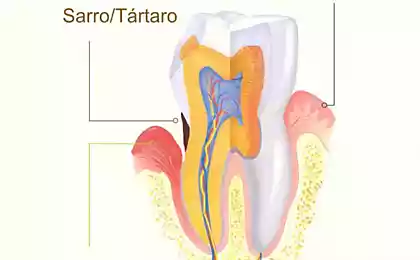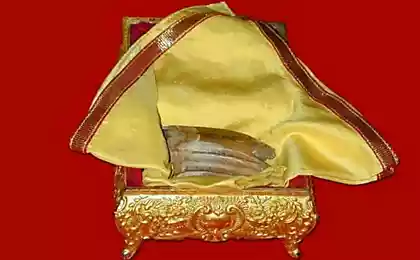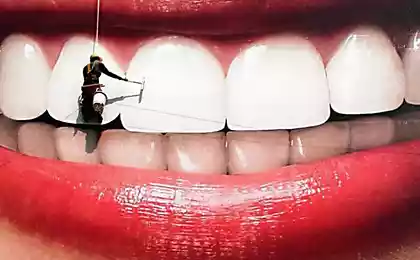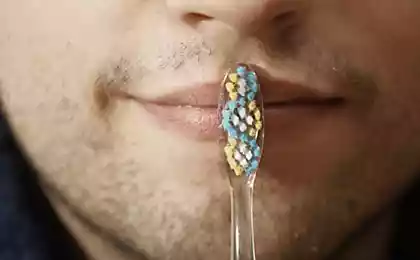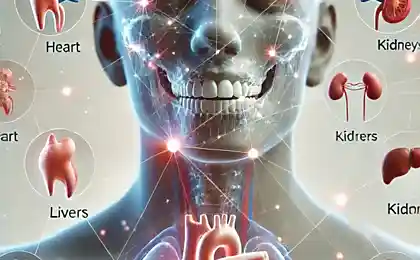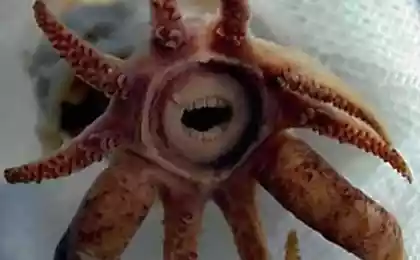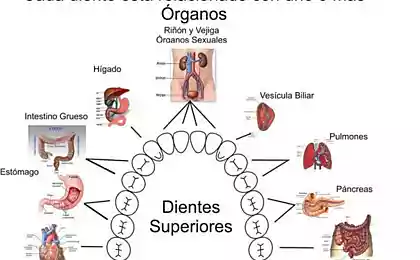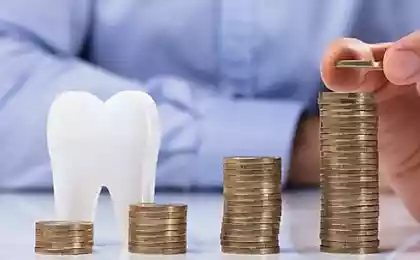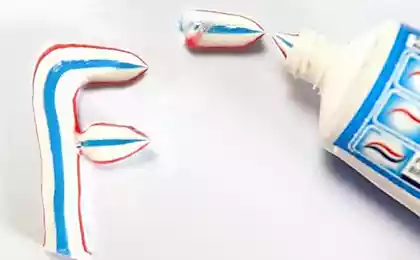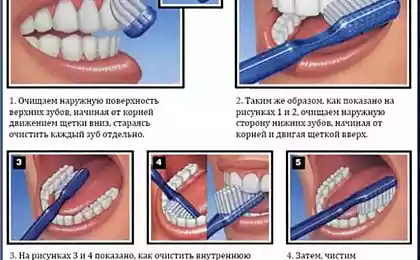262
Scientific breakthrough in Japan: a medicine for the growth of teeth of the third generation

Japan has once again proven its leading position in medical and scientific innovation. A group of scientists led by researcher Katsutake Takahashi has developed a revolutionary drug that can stimulate the growth of new teeth – the so-called “third generation” teeth. This discovery could change the lives of millions of people around the world forever.

Third Generation Teeth: What Does It Mean?
Most people have only two generations of teeth in their lifetime: milk and root. When molars are lost due to injury, disease, or aging, tooth repair is only possible through implants or dentures. However, Japanese scientists claim to have found a way to stimulate the body to naturally grow new teeth.
These “third teeth” are fully formed teeth that the body is able to grow after the molars have been lost. This approach not only replaces existing recovery methods, but can also be a much more effective, natural and durable solution.

How does the new drug work?
The basis of the new method is a drug that stimulates certain cells in the body. The scientists focused on the protein responsible for the growth of dental tissue in the embryonic period. This protein is called USAG-1It plays a key role in the formation of teeth, and its activation in adults allows you to “reset” this process.
Tests have shown that the administration of the drug is able to:
- Activate the cells responsible for the growth of dental tissue.
- To stimulate the formation of a full-fledged tooth root and enamel.
- Ensure the restoration of the dentition in cases of tooth loss.
Research and testing
The development of the drug took more than 10 years. Katsutake Takahashi’s group conducted extensive research on animal models, including mice and dogs. The results showed that most of the subjects after the introduction of the drug began to grow full teeth. In the near future, clinical trials in humans are planned, which will be the next step towards the widespread use of the technology.
“This discovery not only solves the problem of missing teeth, but also opens up new possibilities for regenerative medicine,” says Professor Takahashi.
Advantages of the new approach
Unlike traditional dental repair methods such as implants and dentures, the new technique offers a number of unique benefits:
- Natural: New teeth grow naturally without requiring the intervention of third-party materials.
- Durability: Teeth grown by the body can last the rest of their lives.
- Availability: Potentially, treatment will be cheaper than implantation, as it eliminates complex surgical procedures.
- Minimum risk: The process of natural tooth growth eliminates problems of rejection or allergy to materials.
Potential applications
The drug can be used to treat a wide range of patients:
- People who have lost their teeth as a result of injuries.
- Patients with congenital abnormalities, such as missing teeth.
- Older people whose teeth are lost with age.
In addition, the technology can be useful in cosmetic dentistry to improve the condition of the dentition.
Ethical and scientific issues
Despite the huge potential, the development faces a number of issues:
1. Long-term security
Although animal trials have shown successful results, it is necessary to assess whether the drug is safe for long-term use in humans.
2. Availability of technology
In the first years after market entry, the procedure can be expensive and inaccessible to the general public. Measures are needed to ensure that the technology is accessible to everyone.
3. Possible risks
It is not known how the body can respond to the stimulation of tooth growth in complex cases, such as chronic diseases.
Conclusion
The discovery of Japanese scientists ushers in a new era in dentistry and regenerative medicine. The ability to grow new teeth after the loss of indigenous teeth could revolutionize the treatment of millions of patients around the world.
We are following the further progress of Katsutake Takahashi’s team and await the start of clinical trials. Perhaps in a few years we will be talking about a new reality, where lost teeth will no longer be a problem.
The future of dentistry is regeneration, not replacement.
This is a truly inspiring step forward that will not only change our smile, but also improve our quality of life.
Kamala Harris: I'm doing the feminine thing for Vice President Sasha.
Horse went on the air with a new prediction, the master in direct contact with the Creator, he transmitted knowledge about the near future.


